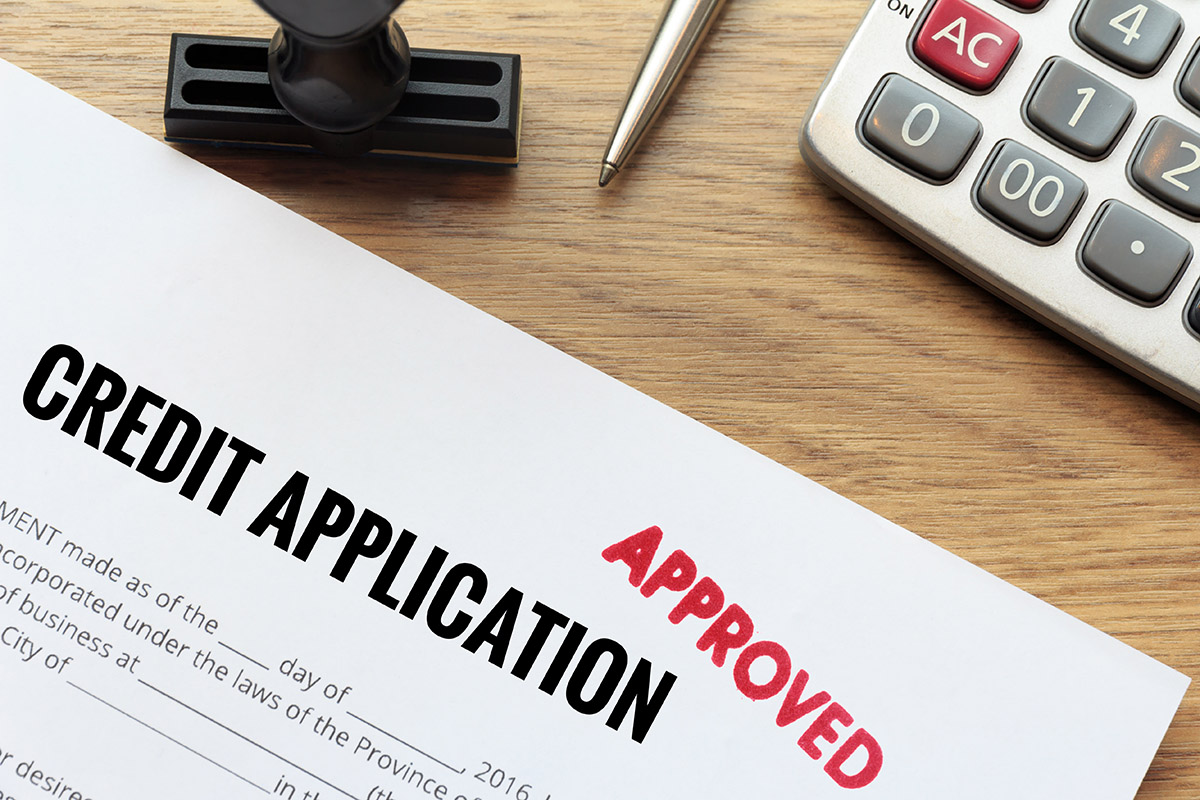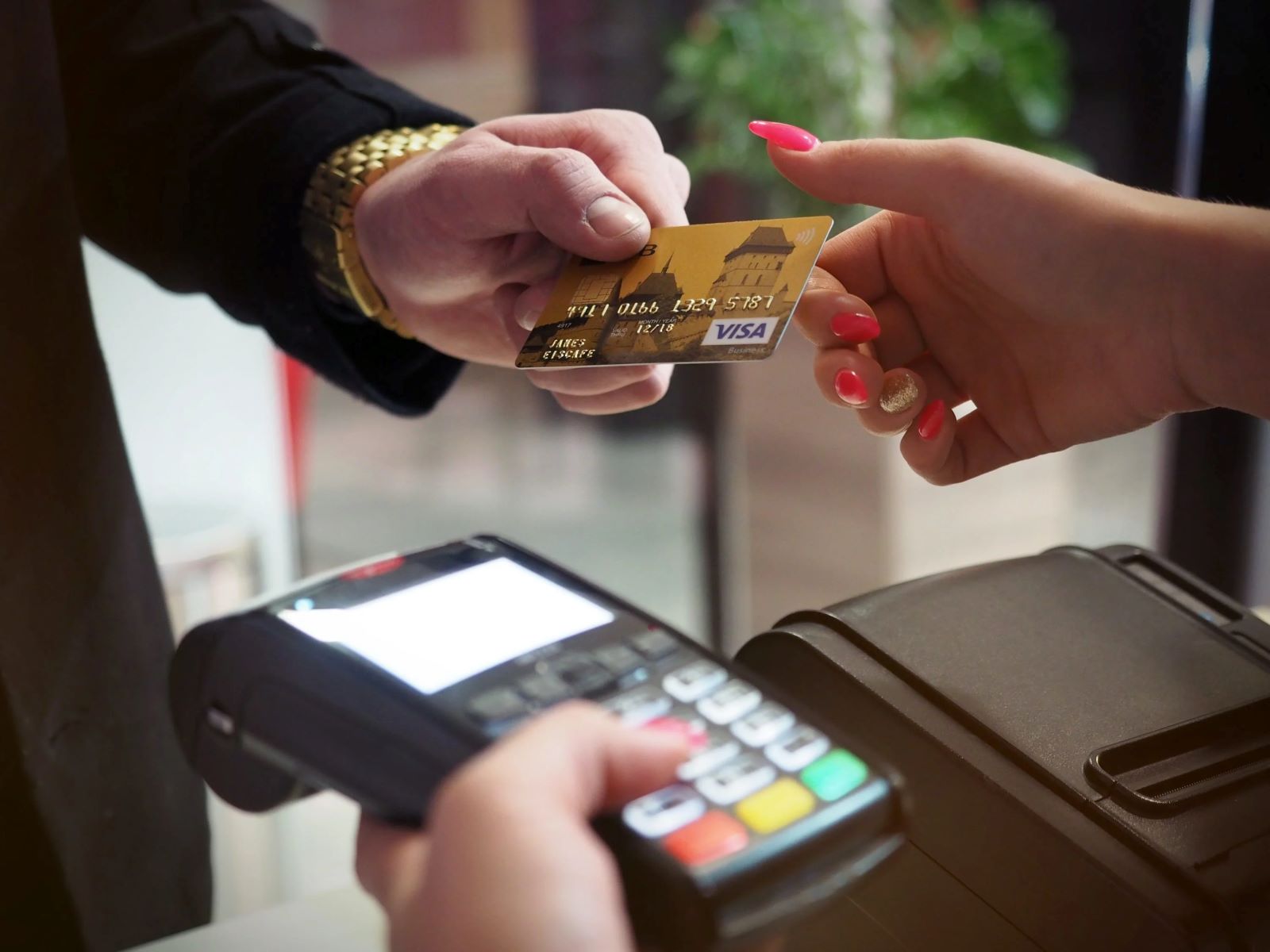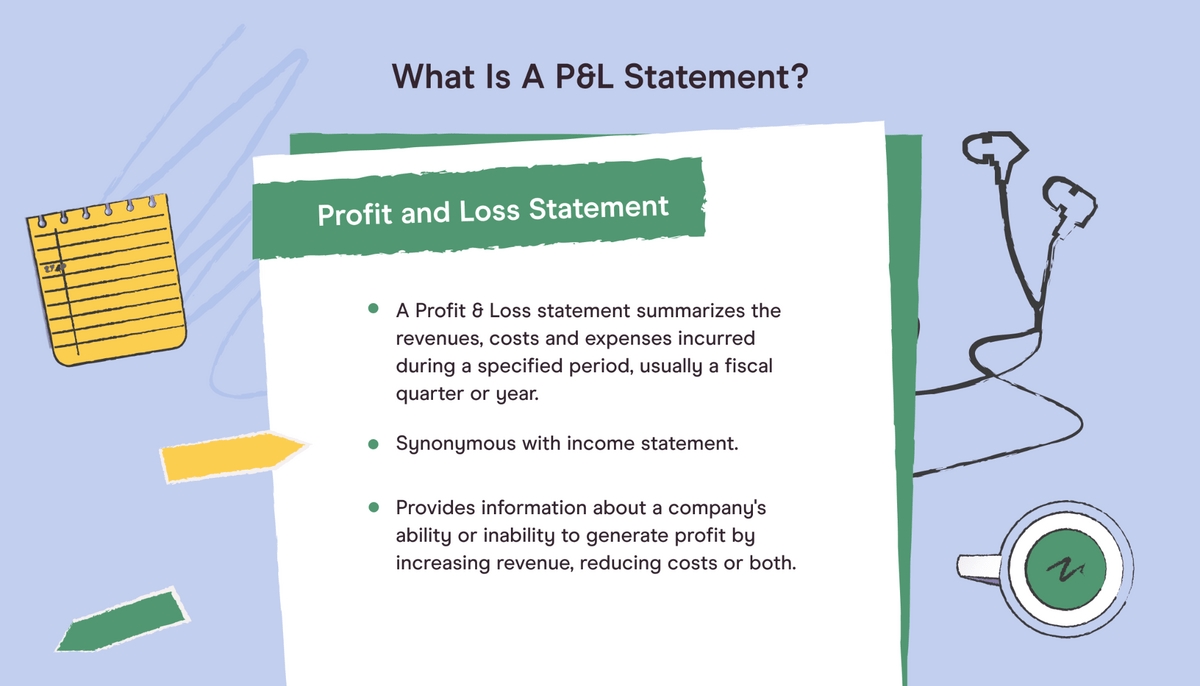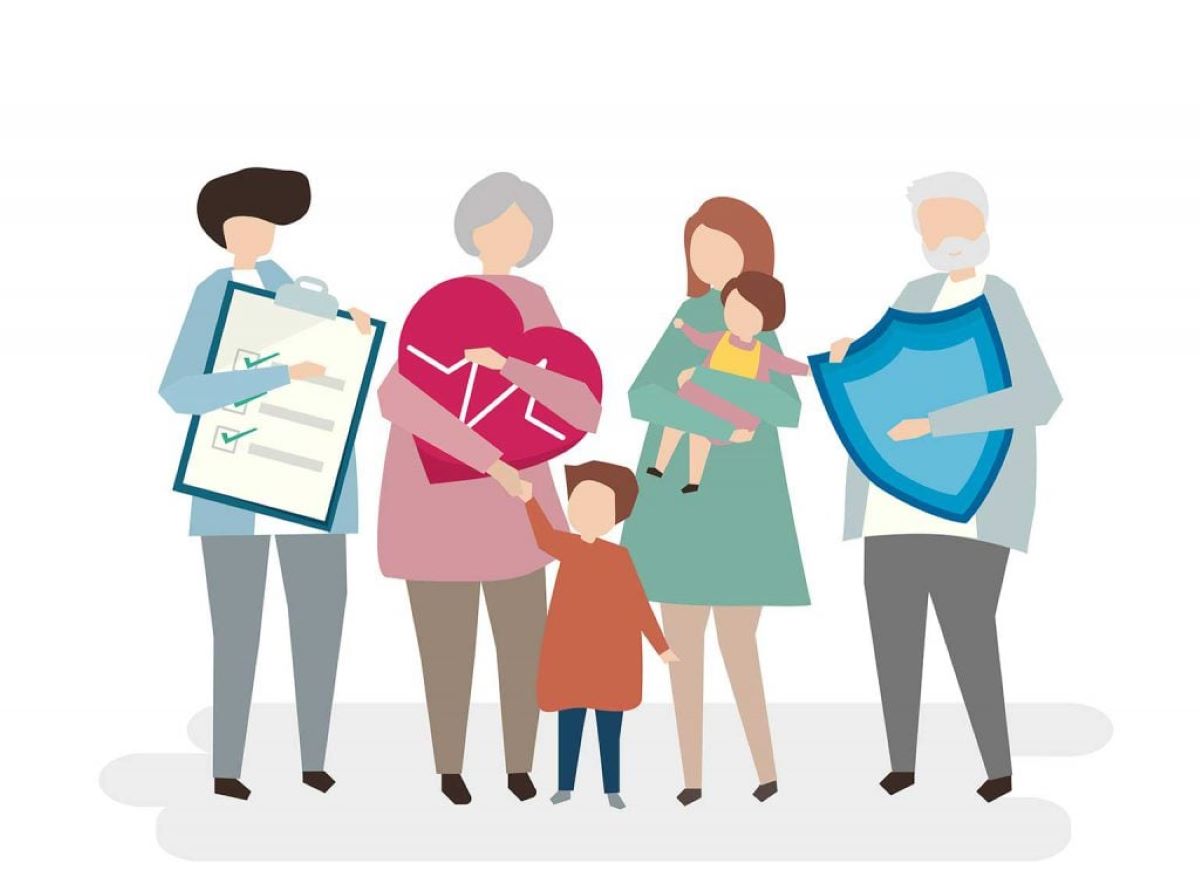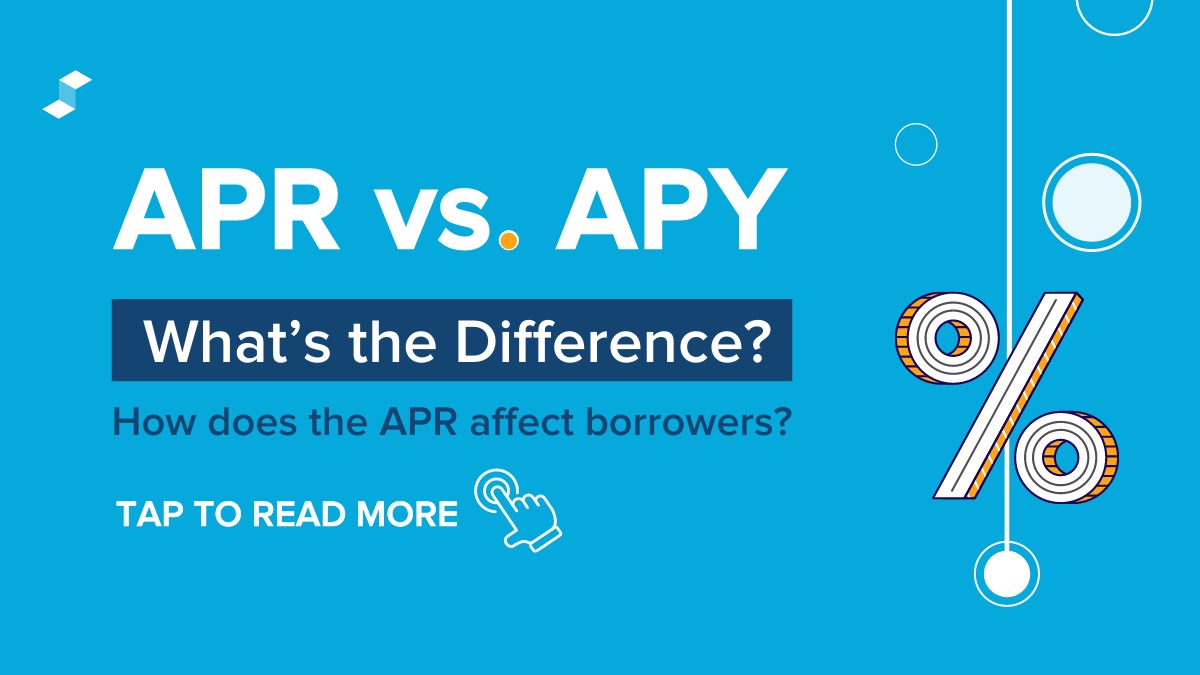

Finance
How Often Should I Use My Credit Card
Published: November 7, 2023
Find out the ideal frequency of credit card usage to manage your finances effectively. Learn how often you should use your credit card to maintain a healthy financial balance.
(Many of the links in this article redirect to a specific reviewed product. Your purchase of these products through affiliate links helps to generate commission for LiveWell, at no extra cost. Learn more)
Table of Contents
Introduction
Welcome to the world of credit cards! Whether you’re a seasoned user or a newbie, understanding how often to use your credit card is crucial for maintaining a healthy financial life. While credit cards offer convenience and purchasing power, it’s important to strike the right balance when it comes to using them.
Using your credit card wisely can provide numerous benefits, such as building a good credit history, earning rewards, and enjoying purchase protection. However, misusing or overusing your credit card can have long-term financial consequences.
In this article, we will explore the factors to consider when it comes to credit card usage frequency, as well as the benefits of regular usage and the risks of overuse. We’ll also provide some strategies for responsible credit card usage to help you maximize the advantages while avoiding the pitfalls.
So, let’s dive in and discover how often you should use your credit card to ensure a healthy financial future.
Understanding Credit Card Usage
Before we delve into how often you should use your credit card, it’s important to understand what credit card usage entails. When you make a purchase with a credit card, you are essentially borrowing money from the card issuer to complete the transaction. This borrowed amount is known as your credit card balance.
Unlike debit cards, which withdraw funds directly from your bank account, credit cards allow you to defer payment until the end of your billing cycle. At the end of the cycle, you receive a statement showing the total amount you owe. It’s essential to pay off this balance in full by the due date to avoid interest charges.
Credit card usage can be divided into two main categories: everyday spending and occasional large purchases. Everyday spending includes regular expenses such as groceries, gas, and dining out. Occasional large purchases may include appliances, electronics, or vacation bookings. The frequency of your credit card usage will depend on your personal financial habits, needs, and budget.
Additionally, credit cards offer a variety of features and benefits, such as cash back rewards, travel perks, and consumer protection policies. Understanding these features can help you make the most of your credit card and enhance your overall financial well-being.
Now that we have a basic understanding of credit card usage, let’s explore the factors you need to consider when determining how often to use your credit card.
Factors to Consider
Determining the frequency of credit card usage involves considering various factors. Understanding these factors will help you tailor your usage to fit your financial goals and circumstances. Let’s take a look at some key factors to consider:
- Your Financial Goals: Consider your financial goals and priorities. Are you looking to build your credit score, earn rewards, or simply maintain a healthy financial lifestyle? Understanding your objectives will guide your credit card usage frequency.
- Your Spending Habits: Take a close look at your spending habits. Are you a frequent spender or do you prefer to make occasional purchases? Analyzing your spending patterns will help you determine how often you need to use your credit card.
- Your Budget: Assess your budget to determine how much you can afford to spend on a monthly basis. Setting a budget will prevent overspending and ensure you can pay off your credit card balance in full each month.
- Credit Card Rewards: Consider the rewards and benefits offered by your credit card. If your card rewards you for certain types of spending, such as groceries or travel, you may want to use it more frequently in those categories to take advantage of the rewards.
- Interest Rates: Understand the interest rates associated with your credit card. If you carry a balance from month to month, it’s important to limit your usage to avoid accumulating high interest charges.
- Credit Limit and Credit Utilization: Your credit limit is the maximum amount you can charge to your credit card. It’s important to keep your credit utilization ratio, which is the percentage of your credit limit you use, at a reasonable level. High credit utilization can negatively impact your credit score, so consider this when determining your credit card usage frequency.
By considering these factors, you can find the right balance of credit card usage that aligns with your financial goals and circumstances. In the next section, we will discuss the recommended frequency of credit card usage to maintain financial well-being.
Recommended Usage Frequency
While the ideal credit card usage frequency varies from person to person, there are some general guidelines to help you navigate this decision. Here are a few recommendations to consider:
- Use it Regularly: To build a positive credit history, it’s beneficial to use your credit card regularly. By making small, regular purchases and paying off your balance in full each month, you demonstrate responsible credit management. This can help improve your credit score over time.
- Avoid Overspending: While using your credit card regularly is encouraged, it’s important to avoid going overboard with your spending. Stick to your budget and only charge what you can afford to pay off in full each month. This will help you avoid getting into unnecessary debt.
- Monitor Your Credit Utilization: As mentioned earlier, keeping your credit utilization ratio within a reasonable range is important for maintaining a good credit score. Aim to keep your credit card balances below 30% of your available credit limit. This demonstrates responsible credit usage and helps keep your credit score healthy.
- Pay Attention to Payment Due Dates: Ensure you pay your credit card bill on time to avoid late payment fees and negative effects on your credit score. Set up automatic payments or reminders to ensure you never miss a payment.
- Maintain a Mix of Credit Accounts: It’s beneficial to have a diverse credit portfolio, which includes a mix of credit cards, loans, and other types of credit. Using your credit card regularly, while also responsibly managing other credit accounts, can contribute to a healthier credit profile.
Ultimately, finding the right usage frequency for your credit card comes down to responsible and disciplined financial management. Regular usage, combined with responsible payment practices, can help you maximize the benefits of your credit card while minimizing the risks.
In the next sections, we will discuss the benefits of regular credit card usage and the potential risks of overusing your credit card.
Benefits of Regular Usage
Regular usage of your credit card, when done responsibly, can offer a range of benefits that contribute to your financial well-being. Here are some key advantages of using your credit card regularly:
- Building Credit History: Using your credit card regularly and making on-time payments helps establish a positive credit history. A good credit history is essential for future loan applications, rental agreements, and even potential employers who may perform a credit check.
- Improving Credit Score: Regular credit card usage, coupled with timely payments, can lead to an improved credit score over time. This can give you access to better interest rates and more favorable terms when applying for loans or mortgages in the future.
- Earning Rewards: Many credit cards offer rewards programs that allow you to earn points, cash back, or miles on your purchases. By using your credit card regularly, you can take advantage of these rewards and potentially save money or earn valuable perks.
- Enhanced Purchase Protection: Credit cards often come with additional purchase protection, such as extended warranties, price protection, and fraud protection. Regular usage can provide you with added peace of mind when making purchases.
- Convenient Payment Method: Credit cards offer a convenient and widely accepted payment method. By using your credit card regularly, you can enjoy the convenience of not having to carry large amounts of cash or worry about payment methods being accepted in various locations.
- Budgeting and Expense Tracking: Regular credit card usage can make it easier to track your expenses and manage your budget. Most credit card issuers provide detailed statements that categorize your spending, allowing you to identify areas where you may need to adjust your budget.
By using your credit card regularly and responsibly, you can take advantage of these benefits and improve your overall financial situation. However, it’s important to be aware of the potential risks associated with overusing your credit card, which we’ll discuss in the next section.
Risks of Overuse
While regular credit card usage can be beneficial, it’s important to be mindful of the potential risks of overusing your credit card. Here are some risks to consider:
- Accumulating Debt: One of the biggest risks of overusing your credit card is accumulating excessive debt. If you consistently spend beyond your means or fail to pay off your balance in full each month, you may find yourself in a cycle of debt with high interest charges.
- Interest Charges: If you carry a balance on your credit card, you will be charged interest on that balance. Over time, these interest charges can add up, making it more challenging to pay off your debt and potentially leading to more financial stress.
- Negative Impact on Credit Score: Overusing your credit card and carrying high balances can negatively impact your credit score. Your credit utilization ratio, which measures the amount of credit you are using compared to your available credit limit, accounts for a significant portion of your credit score. High credit utilization can lower your score and make it more difficult to obtain favorable credit terms in the future.
- Strain on Financial Health: Overspending on your credit card can negatively impact your overall financial health. It can make it difficult to meet your other financial obligations, save for emergencies, or achieve long-term financial goals.
- Potential for Impulsive Purchases: The ease of using a credit card can sometimes lead to impulsive purchases. Without careful consideration, you may find yourself buying items you don’t actually need or overspending on unnecessary luxuries.
- Dependency on Credit: Overreliance on credit cards can lead to a dependency on borrowed funds, making it challenging to develop healthy financial habits and maintain a sustainable financial lifestyle.
It’s crucial to strike a balance between using your credit card for convenience and taking on unnecessary debt. By understanding the risks associated with overuse, you can make informed decisions about your credit card usage and protect your financial well-being.
Next, let’s explore some strategies for responsible credit card usage to help you navigate these risks and make the most of your credit card.
Strategies for Responsible Credit Card Usage
To ensure responsible credit card usage and mitigate the risks involved, here are some strategies to help you navigate the world of credit cards:
- Create a Budget: Start by creating a realistic monthly budget that incorporates your income and expenses. This will give you a clear understanding of how much you can afford to spend on your credit card each month and help you avoid overspending.
- Pay Your Balance in Full: Whenever possible, aim to pay off your credit card balance in full each month. This will help you avoid accumulating interest charges and prevent debt from piling up. If you cannot pay in full, aim to pay more than the minimum payment to reduce your overall debt.
- Track Your Spending: Keep a close eye on your credit card statements and track your spending regularly. This will help you identify any unnecessary expenses or areas where you may need to adjust your budget. There are various budgeting apps and tools available that can assist you with this process.
- Be Mindful with Rewards: While credit card rewards can be enticing, be mindful of chasing rewards at the expense of your budget. Make sure the rewards align with your actual spending habits and needs. Avoid overspending just to accumulate rewards, as the interest charges may outweigh the benefits.
- Monitor Your Credit: Regularly monitor your credit reports to ensure there are no errors or fraudulent activities. This can help you catch any issues early and take appropriate action to protect your credit score.
- Avoid Cash Advances: Cash advances on your credit card often come with high fees and interest rates. It’s best to avoid using your credit card for cash withdrawals unless it’s an absolute emergency. Explore alternative options if you need cash urgently.
- Review Your Credit Card Terms: Take the time to understand the terms and conditions of your credit card. Familiarize yourself with the interest rates, fees, and any applicable penalties. This knowledge will help you make informed decisions and avoid any surprises or unnecessary charges.
- Consider Credit Card Alternatives: If you find it challenging to manage your spending with a traditional credit card, consider alternatives such as secured credit cards or prepaid debit cards. These options can provide a similar payment experience while allowing you to control your spending more effectively.
By implementing these strategies, you can use your credit card responsibly, maintain control of your finances, and avoid unnecessary debt. Remember, responsible credit card usage is a valuable skill that contributes to your overall financial well-being.
Let’s summarize everything we’ve discussed so far in the concluding section.
Conclusion
Understanding how often to use your credit card is key to maintaining a healthy financial life. Regular credit card usage, when done responsibly, can provide various benefits such as building credit history, improving your credit score, earning rewards, and enjoying purchase protections. However, it’s crucial to be cautious of the risks associated with overuse, such as accumulating debt, high interest charges, and negative impacts on your credit score.
By considering factors like your financial goals, spending habits, budget, credit card rewards, and credit limit, you can determine the right frequency of credit card usage that aligns with your circumstances. Implementing strategies for responsible credit card usage, such as creating a budget, paying your balance in full, tracking your spending, and being mindful with credit card rewards, will help you make the most of your credit card while avoiding unnecessary debt and financial strain.
Remember, using your credit card responsibly is a skill that contributes to your overall financial well-being. By striking the right balance and following these strategies, you can navigate the world of credit cards confidently and enjoy the benefits they have to offer.
Take the time to assess your financial situation, set goals, and make informed decisions about your credit card usage. With responsible credit card usage, you can build a positive credit history, improve your financial health, and pave the way towards a secure and prosperous future.






